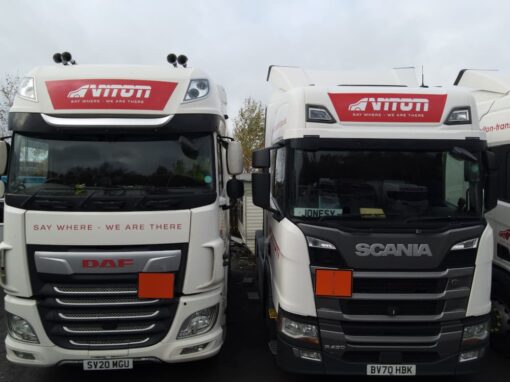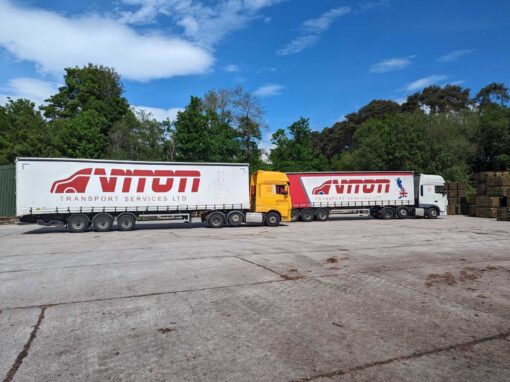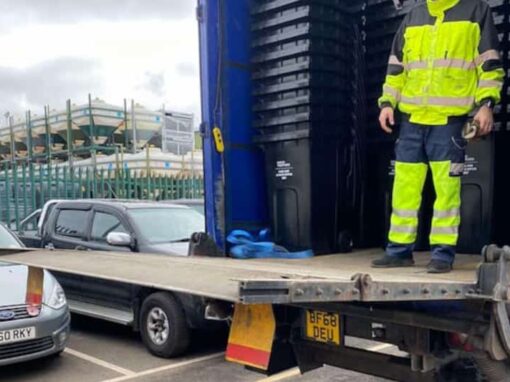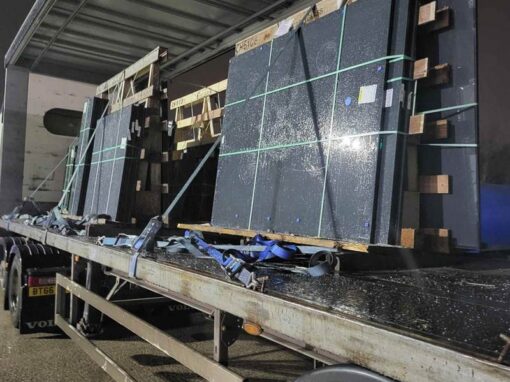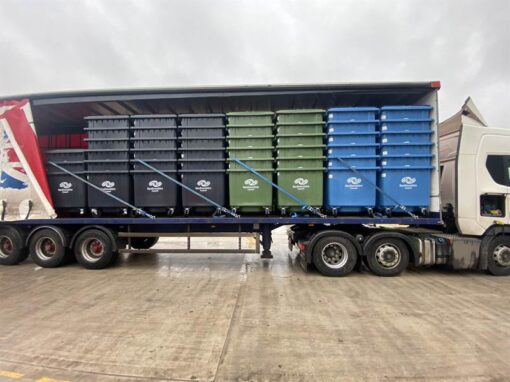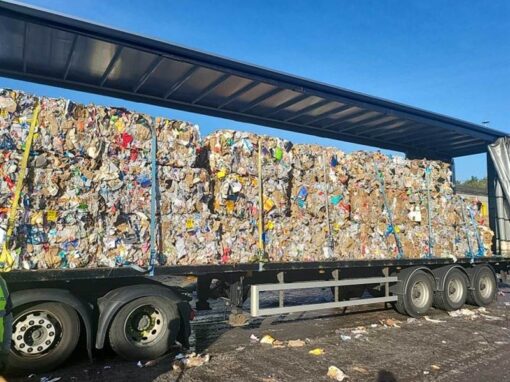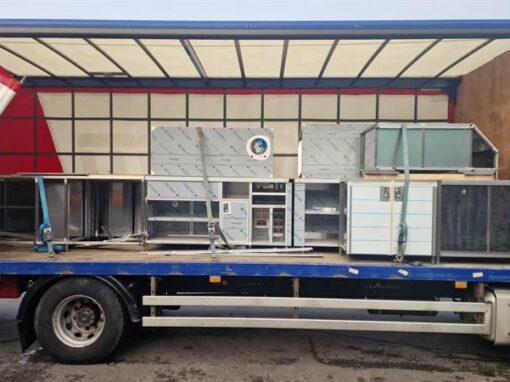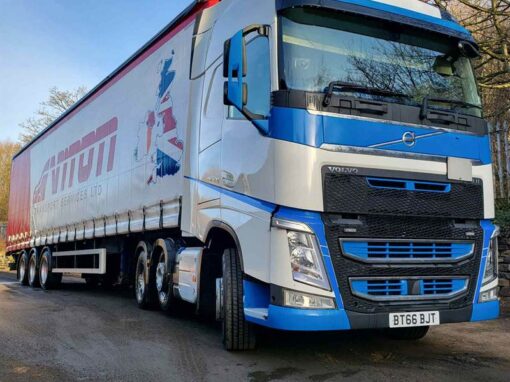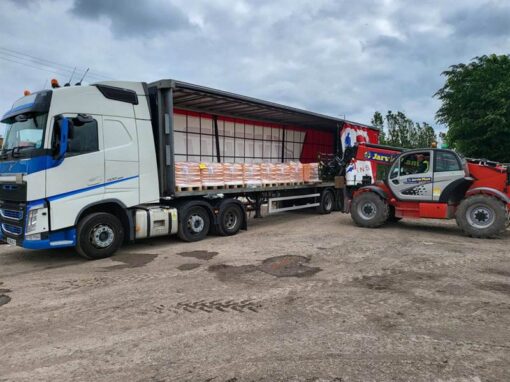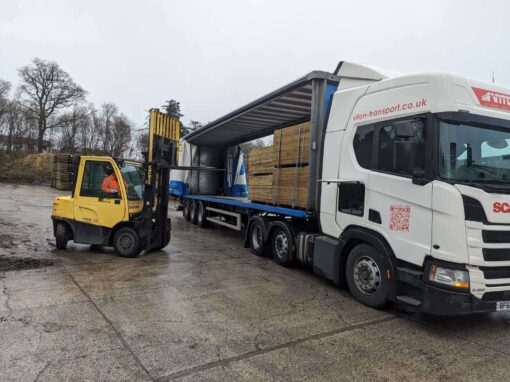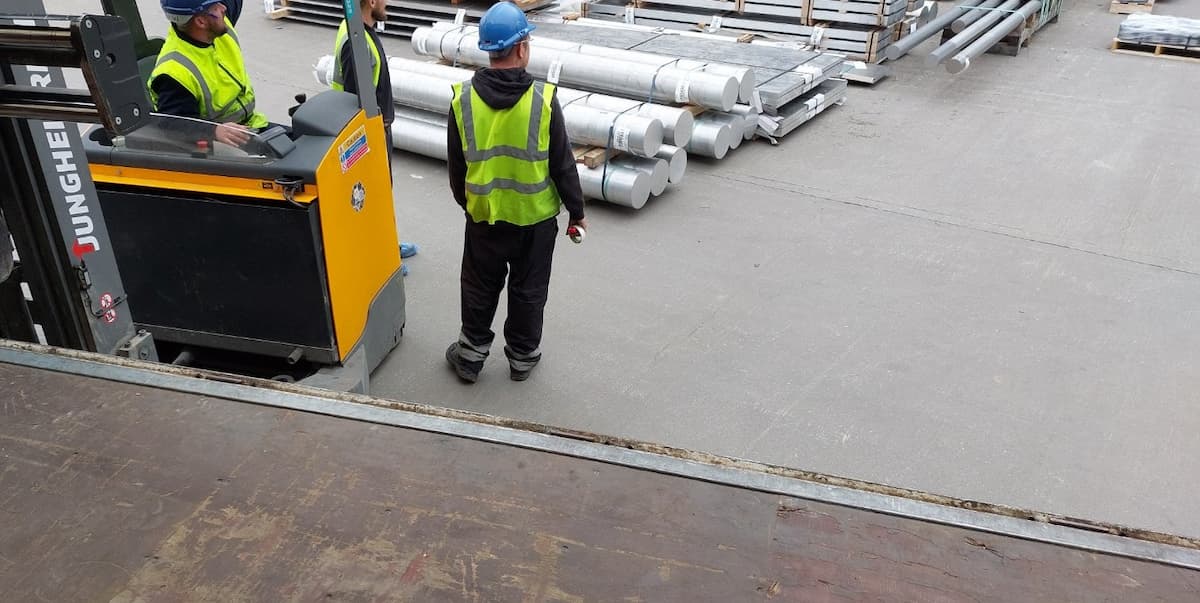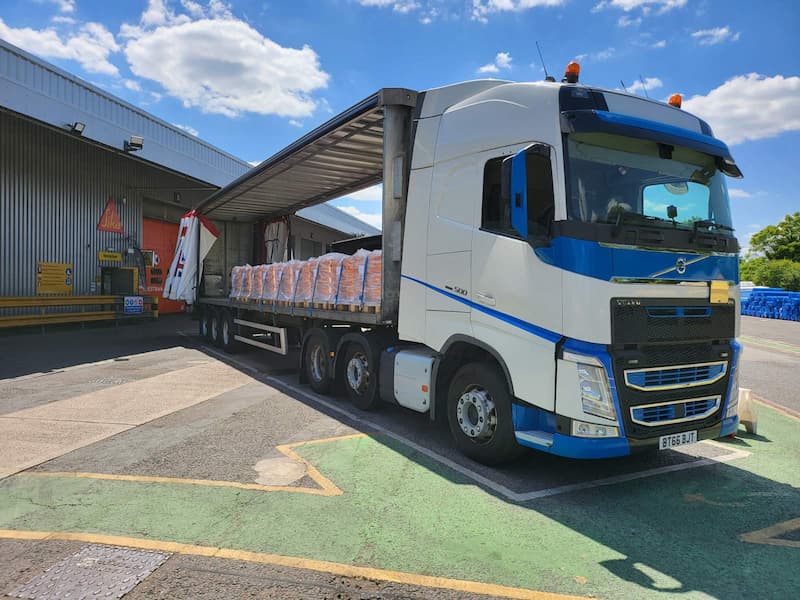Automotive Transport Services
The UK car manufacturing sector faces challenges like inadequate investment, COVID-19 disruptions, declining exports, supply chain issues, and semiconductor shortages. This has led to a shift in production overseas to cut costs. Insufficient investment has contributed to a reduction in UK car production, worsened by COVID-19 shutdowns.
Export revenues decreased due to lower demand, while supply chain disruptions and rising costs prompted manufacturers like Ford to cut jobs and focus on electric vehicles. Brexit-related issues also influenced production decisions, with companies moving operations abroad for better access to the EU market.
1. Export Rally
Export demand plays a vital role in the revenue of UK car manufacturers, constituting around 80% of annual production. Despite a decline in exports over recent years, a reversal occurred in 2023-24 due to increased demand from Europe, China, and the US. However, the proportion of revenue from exports has decreased, though it still accounts for over half.
The COVID-19 pandemic severely impacted revenue as production halts and dealership closures led to a significant drop in output and sales channels. Nonetheless, a resurgence in exports, particularly from the EU, drove output growth in 2023, with commercial vehicle exports witnessing a notable increase compared to the previous year.
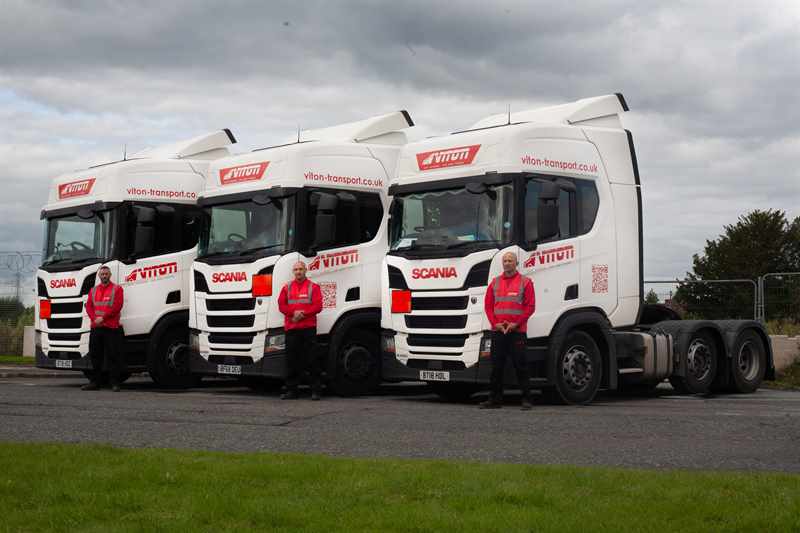
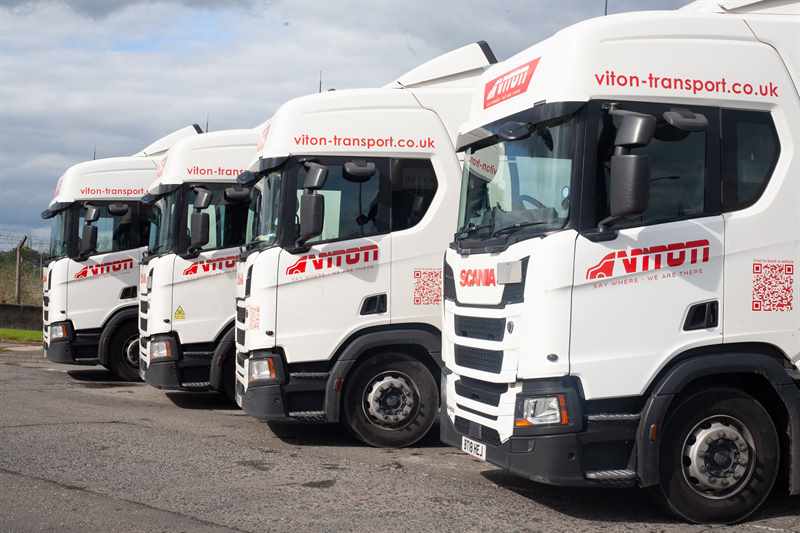
2. Driving Change
The UK government’s initiatives promoting alternatively fuelled cars, coupled with investments by manufacturers in electric vehicles, have led to a surge in registrations for hybrid and electric cars. The expansion of charging infrastructure is anticipated to further drive accessibility and customer adoption. Additionally, plans for higher-priced electric models are expected to bolster profitability in the industry.
3. Key Factors at Play
The decline in the UK automotive sector is attributed to reduced investment and output, resulting in a diminished contribution to GDP. Market saturation, dominated by a few large multinationals, poses barriers to entry for new players. Innovation efforts are primarily centered on electric and hybrid vehicles, with a strong emphasis on battery development. Consolidation is limited, with manufacturers prioritizing capacity enhancement over competitive acquisitions. Technological advancements, including computer-aided design systems, are driving lighter, more fuel-efficient vehicles and sustainability improvements.
4. A Performance Snapshot of the Automotive Industry
The UK car industry exhibits a diverse performance across different vehicle types and services. While petrol cars maintain dominance in domestic sales, there’s a notable rise in registrations for hybrid and pure electric cars, driven by government initiatives. Car manufacturers are adapting production to meet changing market demands, with commitments like JLR’s shift to solely electric cars by 2025.
The increase in alternative fuel vehicle registrations contributes to heightened production levels. Additionally, efforts to bolster the domestic engine supply chain are evident, despite lingering disruptions. Diesel car demand experiences a decline due to environmental concerns, while the commercial vehicle sector sees increased import competition, leading companies to opt for rentals for added flexibility amidst rising demand.
Our Promise
At Viton Transport, we possess full confidence in delivering top-notch haulage services tailored to the automotive industry. Leveraging our vast expertise, we stand ready to manage your transport needs, solidifying our position within the market.
Our diverse fleet guarantees the capacity to transport any automotive load across the UK efficiently. Moreover, our adaptability in customizing services to suit individual manufacturer requirements positions us as the premier choice for transportation solutions in the UK automotive sector. Contact us today to talk to our skilled operations team.
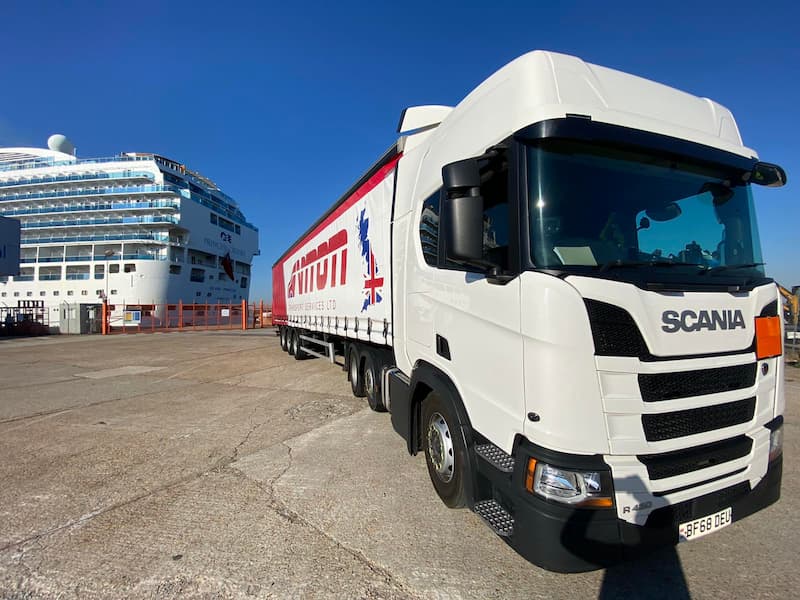
Call us Today:
0161 519 0870
Or Request a Callback >

